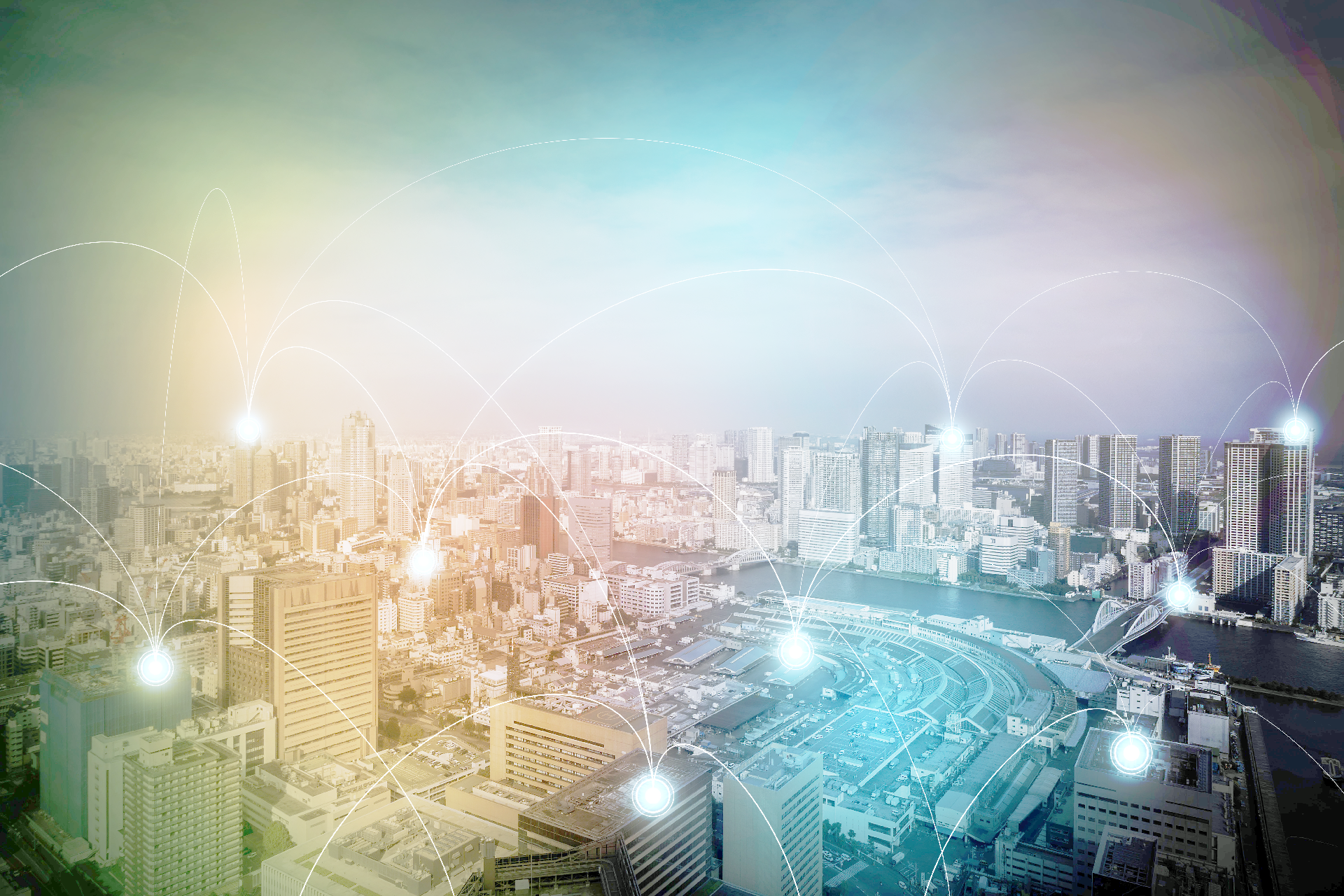
In the age of data-driven decision making, industries are constantly looking for innovative ways to use information for efficiency and sustainability. The water distribution sector is no exception. Traditional water meters have long served their purpose in measuring consumption for billing purposes, but the advent of smart water meters has ushered in a new era of optimization and insight. These advanced meters are not only revolutionizing billing processes, but also providing a wealth of real-time data that can transform distribution networks and curb water loss.
The future of data driven water metering systems
At the heart of this transformation is the integration of Narrowband Internet of Things (NB-IoT) and IoT communication technologies into water metering systems. This connectivity enables seamless communication between meters and central systems, achieving continuous data exchange. The days when water meters could only be used for consumption billing are over. With smart systems, consumption data is transmitted, giving both the end customer and the utility company immediate insight into water consumption patterns.
1 | Detect risks, avoid damage and increase efficiency
One of the main benefits of smart meters is their ability to monitor network quality beyond simple consumption metrics. These meters are equipped with sensors that can detect various indicators of network health, such as stagnation, frost, temperature fluctuations and even vibrations caused by leaks. By continuously monitoring these parameters, utility companies can proactively detect problems in the distribution network, such as leaks or poor insulation, and quickly take action to limit potential damage. This not only conserves valuable resources, but also reduces the risk of damage to infrastructure and property.
The power of the data provided by smart water meters goes beyond emergency response to proactive maintenance and optimization. By analyzing consumption patterns, utilities can gain valuable insight into demand trends and anticipate future needs. This enables more accurate resource allocation and infrastructure planning, ultimately leading to improved operational efficiency and cost savings.
2 | Minimize maintenance and downtime
In addition, advanced predictive analytics algorithms can predict potential maintenance issues based on the data collected by smart meters. By identifying trends that indicate equipment degradation or malfunction, utilities can proactively schedule maintenance and minimize downtime.
3 | Data analysis for consumption optimization
Smart meters also provide benefits to consumers. By providing consumption data, these meters enable individuals to make informed decisions about their water usage, leading to greater awareness and environmental conservation efforts.
W370 - The game changer for the IoT era
In a world where efficiency and precision are essential, the W370 water meter from Landis+Gyr sets a new standard for water measurement technology. With a range of innovative features, this smart meter revolutionizes the way we consume and monitor water in the future.
Measure consumption: The W370 water meter goes far
beyond simply measuring water consumption. It enables precise recording and remote analysis of consumption data, thus helping to use resources more efficiently and reduce costs in a targeted manner.
Detect leaks: Damage to pipes can lead to enormous water losses and cause significant financial damage. The W370 water meter is equipped with the latest technology to detect leaks early and minimize their impact.
Smart data: The W370 water meter not only provides precise measurement results, but also valuable data to monitor the condition of the meter and the water network. With features such as instant alerts, consumption histograms and an extensive event log, it offers the highest level of transparency and control.
Advanced interfaces: Thanks to the latest interface technology such as NB-IoT with LwM2M, LoRa® + wM-Bus/OMS and NFC, data can be transferred quickly and securely. Firmware updates can even be carried out "over the air" without having to physically reach the meter. With a certificate-based security concept, you can be sure that all data is protected at any time.
Conclusion
The introduction of smart water meters represents a paradigm shift in the way we manage and distribute water resources. By harnessing the power of data, these meters enable networks to be optimized, losses mitigated and service delivery to be improved. With the potential to revolutionize the water industry, smart meters are not just billing tools, but also catalysts for sustainable water management.




